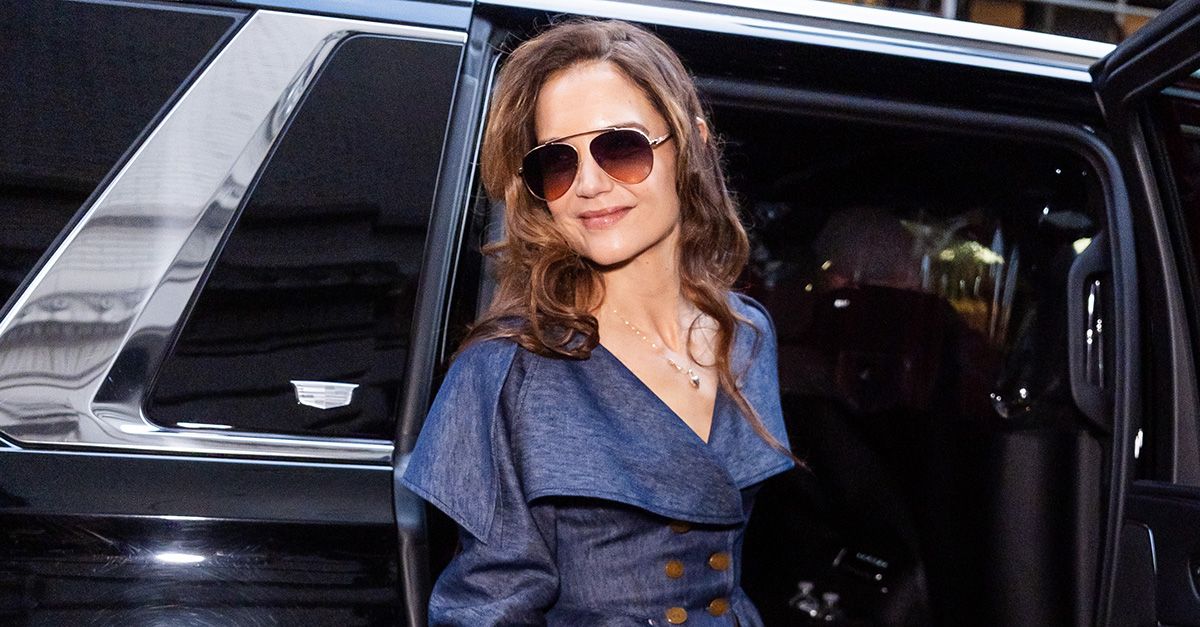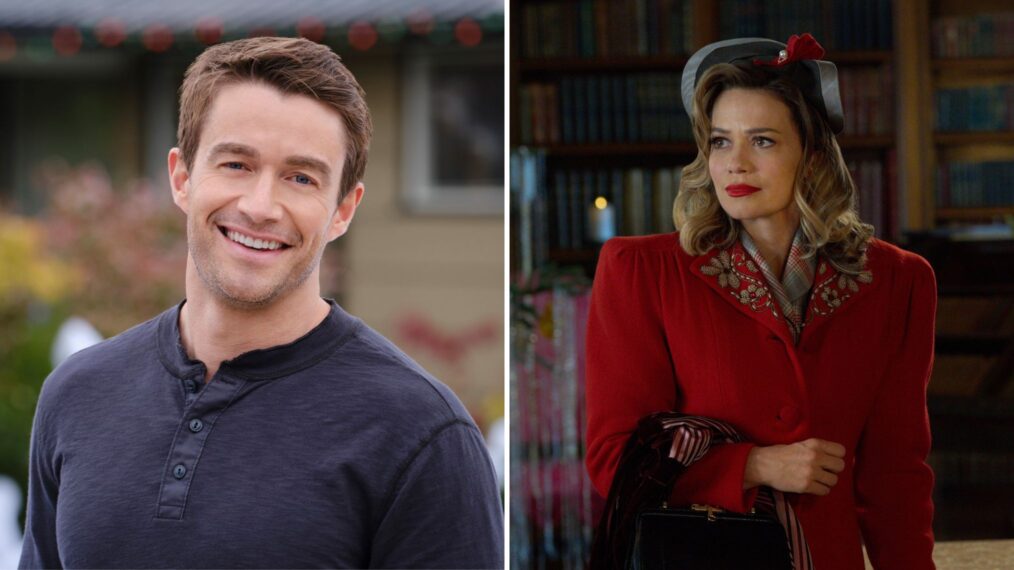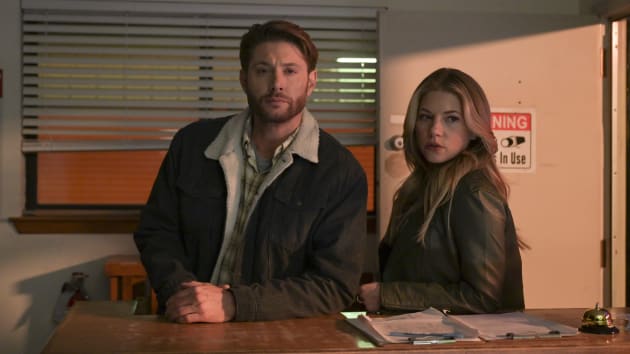The Pitch: We’re back in North Wales for another season of National League football — after a disappointing defeat at the end of Rob McElhenney and Ryan Reynolds‘ first season as owners of Wrexham A.F.C., both the team and the town have their sights set once again on promotion.
As it was when the series began, the Hollywood owners have quite an ambitious overhaul ahead of them. Promotion to the fourth tier of English football is one thing, but they’re also in the midst of a significant renovation for Wrexham’s stadium, dubbed “The Racecourse,” which is an expensive, time-consuming, and intensely bureaucratic process. Through it all, Rob and Ryan are also continuing their efforts to engage with the community of Wrexham, and bring attention to the club’s unwavering support base.
The biggest difference now, however, is the size of that support base — after the first season of Welcome to Wrexham, Reynolds and McElhenney’s goal of fostering a global brand has begun to materialize. Several of the first season’s starring characters have seen even more exposure, beyond the local level, including characters like The Declan Swans, a trio of musicians who have penned Wrexham’s next great anthem, and Wayne Jones, the owner of Wrexham’s longtime game day pub, The Turf.
But football, like every sport, promises its ups and downs. In the scope of all English football and the soccer world as a whole, Wrexham are still underdogs. But in the National League — England’s fifth tier of football — it’s an undeniable fact that the significant increase in exposure and funding throughout the last two years has made them, well, the opposite of underdogs. Everyone expects Wrexham to succeed and gain promotion as if it’s an inevitability… which makes it all the more frustrating if they fail to take the opportunity. This season, then, asks if Wrexham can retain this momentum, play with heart, and secure the results they need to take this team to the next level.
New Signings: The first season of Welcome to Wrexham, though slightly scatterbrained, hit its stride when exploring the sociological connections to football and sports as a whole. It’s not enough to track a football team and let the results do the storytelling; in order to stand out, give the series purpose, and address the nuances of the sports world, a deeper dive into the psychology of players, fans, and the world they come from is necessary.
Season 2 continues on this path, and seeks to demonstrate an even more expansive portrait of Wrexham. Perhaps the largest — and most rewarding — adjustment is the introduction to Wrexham’s women’s team: The women compete in the Welsh football system, and, like the men’s team, also have their sights set on promotion. However, the team’s current status at the time of filming is below the semi-professional Welsh Premier League, meaning none of the players are paid. So, when we meet Wrexham Women’s star player Rosie Hughes, she’s carrying out her day job as a prison guard.

Welcome to Wrexham (FX)














































































